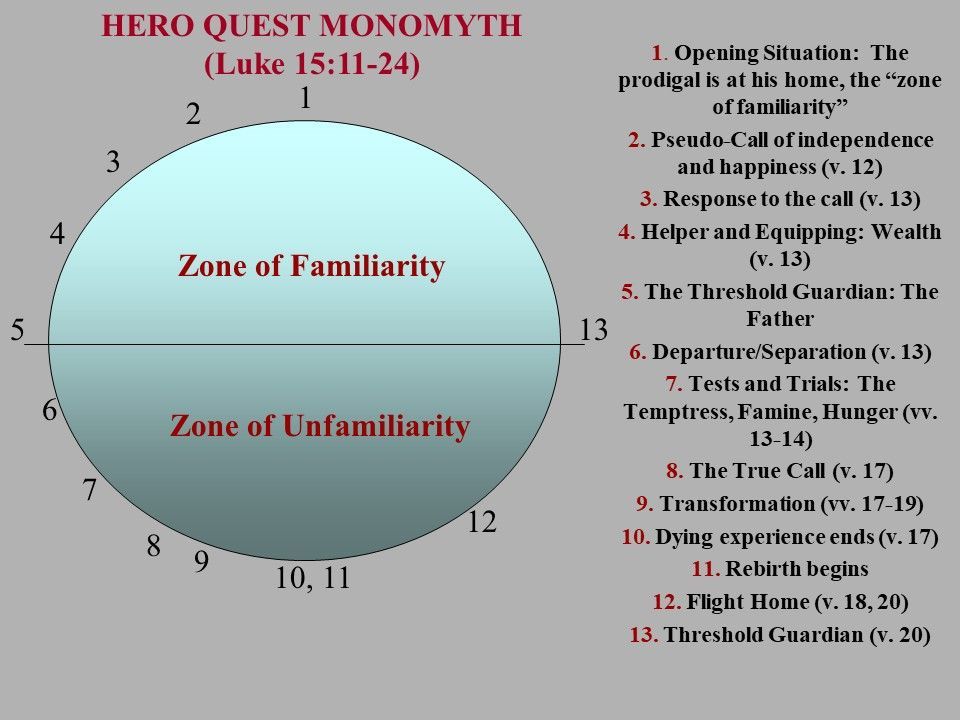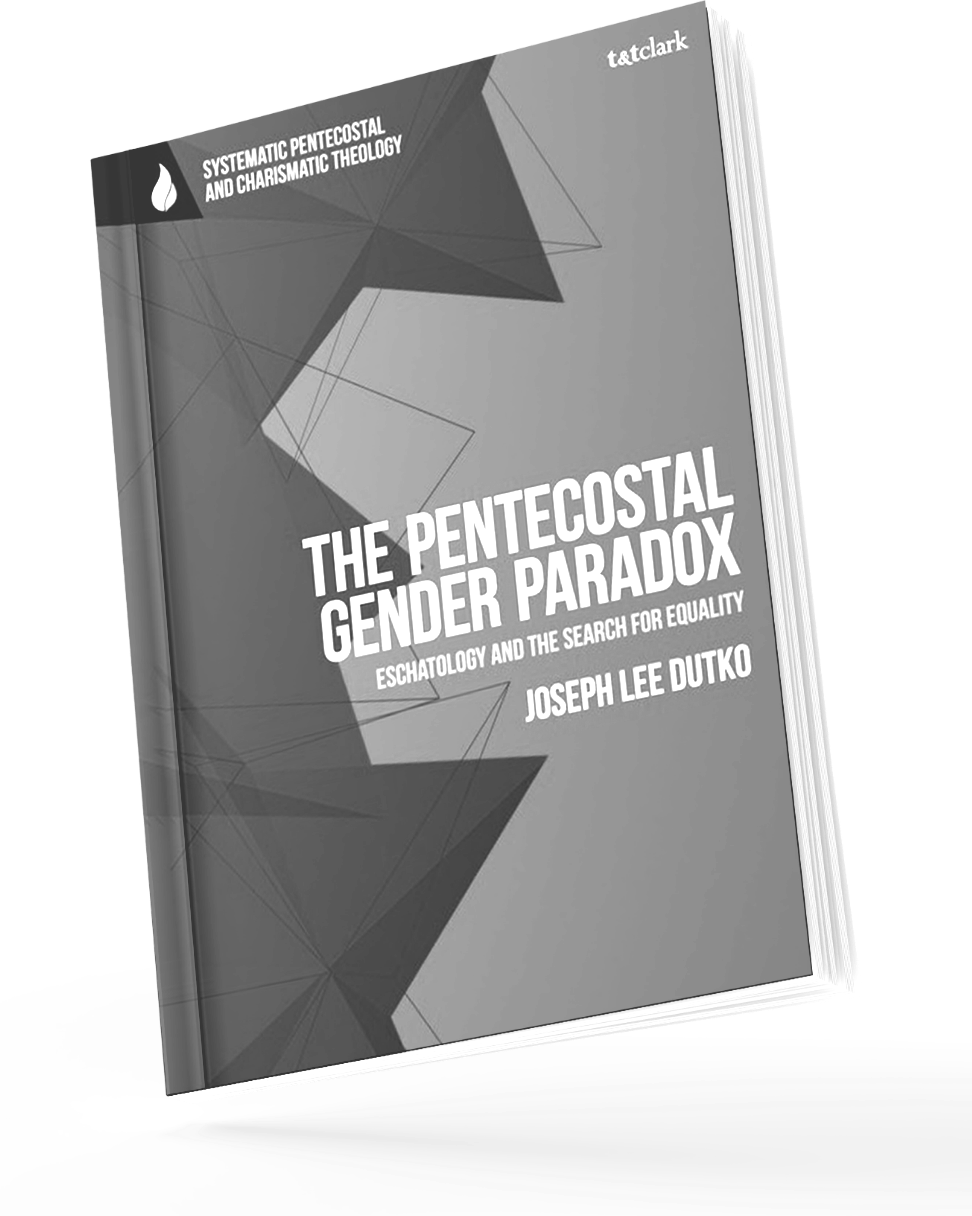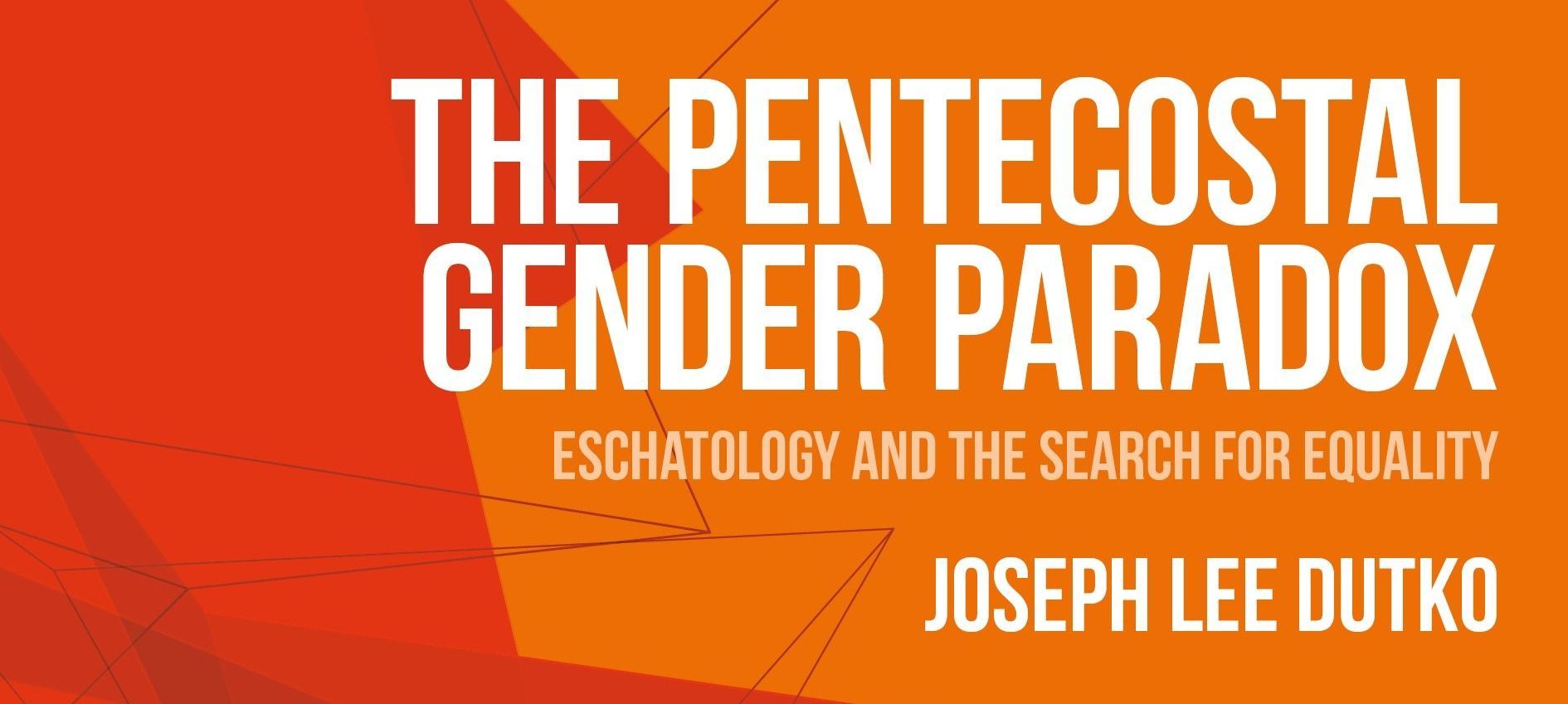New Publication! Mythoi, Monomyth, & a Missing Mother
What Does a Missing Mother Add to the Prodigal Son Parable?
I have a new publication out and it's a bit of a fun (and strange!) one.
The article began with this question: why is the Prodigal Son Parable in Luke 15 one of Jesus’ most famous parables and why does it seem to have the ability to elicit profound emotions or responses regardless of historical time, place, and culture?
Why does the Parable of the Prodigal Son carry such powerful and enduring appeal?
What's its "secret?"
My hunch or hypothesis was that the parable has enduring attraction because the overall structure of the story has a familiar feel to it, a pattern that occurs elsewhere in other popular literature throughout history.
In telling the story in a certain way, could it be that Jesus was intentionally appealing to a deep layer of the human psyche and to what is elemental to the human experience? Is this why we gravitate so easily to this story?
I plan to do a couple of posts with supplemental material to the article in both the theology and gender paradox blog categories, but I hope you enjoy it in its published form.
You can read it online or download/save a nice PDF here:
https://doi.org/10.3390/rel14080997
Note: This article is Open Access, meaning (unlike some other academic article publications) it is available for FREE!
NEWSLETTER SIGNUP (blog post layout)
ABOUT JOSEPH
Pastor, Author, and sometimes pretends to be a Scholar
Joseph (PhD, University of Birmingham) is the author of The Pentecostal Gender Paradox: Eschatology and the Search for Equality.
Since 2015, he and his wife have together pastored Oceanside Community Church on Vancouver Island, where they live with their four children.











